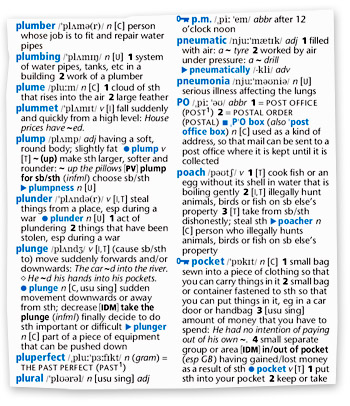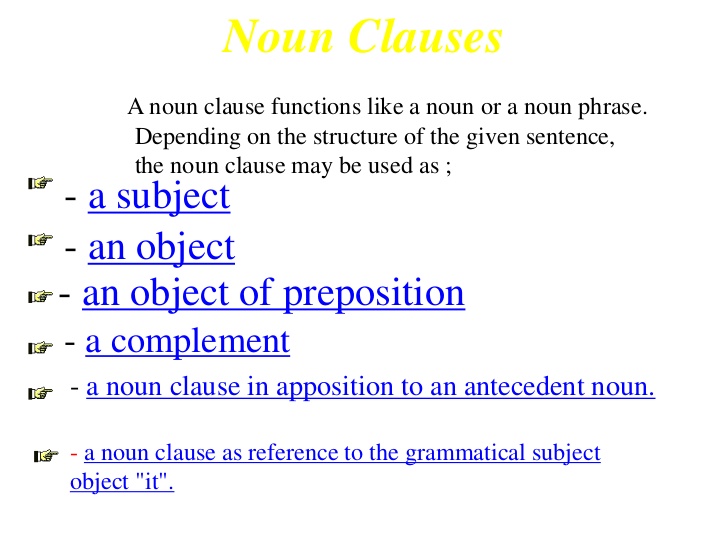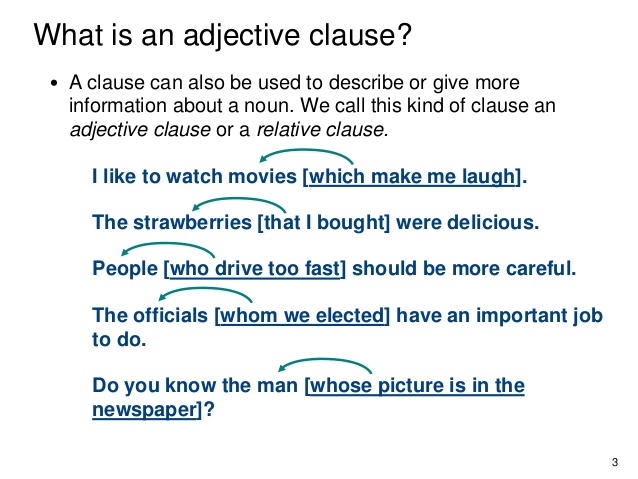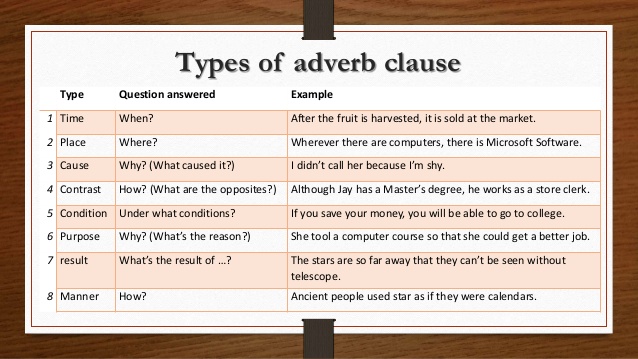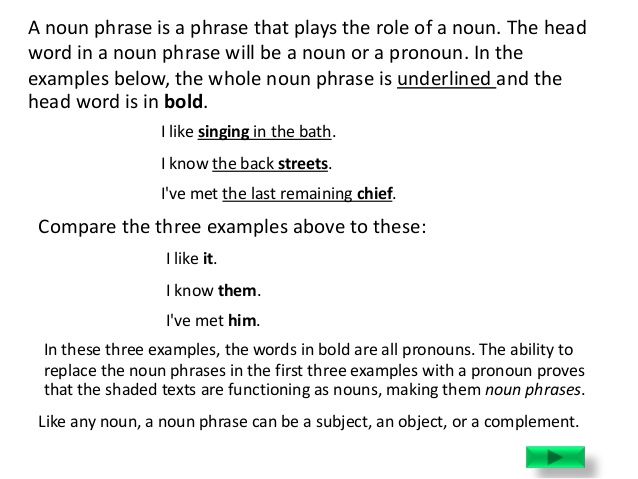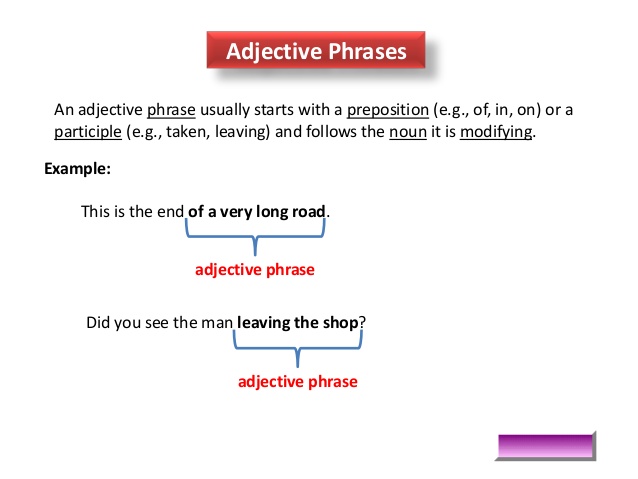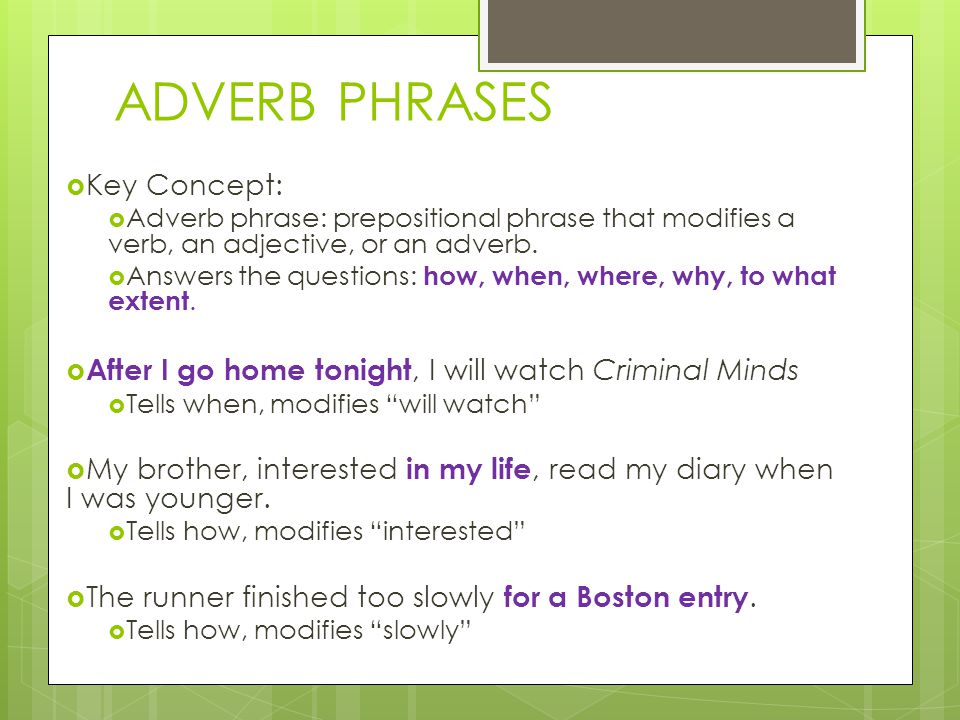1ST TERM
Posted: Sat Jun 27, 2015 9:38 pm
SCHEME OF WORK
WEEKS TOPIC
1. Revision of last term's work and examinations.
Spelling: Words commonly mis-spelt
2. Summary: Practical approach to writing a good summary
Vocabulary Development: Words associated with sports and entertainment
3. Comprehension - Reading for main points
Comprehension- Reading for critical evaluation
Vocabulary development- Words associated with past and communication
Comprehension- Summarizing and argument
Comprehension-Summarizing paragraph units
4. Comprehension- Reading to appreciate culture
Comprehension/voc. Dev. Words associated with the military
Structure: Types of sentences, clauses, phrases and words
Punctuation: and capitalization
Structure: Nouns and noun phrases
5. Structure: Conjunctions
Conjunctions (contd)
Structure: Conditional clauses
Structure: Classification of verbs, common errors/idiomatic expressions
6. Essay writing: Narrative- Narrate the effects of drugs and alcohol on the society
Essay writing: More on descriptive- A journey by train
Essay writing: Introduction to article writing-Procrastination and lack of ambition
7. Essay writing: Argumentative-Sexual abuse is as a result of exposure to foreign films
Essay writing: Formal letter-Letter to the editor
Speech work: Contrast of Monothongs-/Λ/ and /ǽ/, /∂/ and /∂/
Speech work: vowel contrasting-/u/ and /u:/, /∂/ and /ǽ/
8. Speech work: Unstressed vowel-middle and final position
Speech work: consonant clusters (initial position)
Speech work: consonant clusters (medial position)
Speech work: Intonation
9. Revision
WEEKS TOPIC
1. Revision of last term's work and examinations.
Spelling: Words commonly mis-spelt
2. Summary: Practical approach to writing a good summary
Vocabulary Development: Words associated with sports and entertainment
3. Comprehension - Reading for main points
Comprehension- Reading for critical evaluation
Vocabulary development- Words associated with past and communication
Comprehension- Summarizing and argument
Comprehension-Summarizing paragraph units
4. Comprehension- Reading to appreciate culture
Comprehension/voc. Dev. Words associated with the military
Structure: Types of sentences, clauses, phrases and words
Punctuation: and capitalization
Structure: Nouns and noun phrases
5. Structure: Conjunctions
Conjunctions (contd)
Structure: Conditional clauses
Structure: Classification of verbs, common errors/idiomatic expressions
6. Essay writing: Narrative- Narrate the effects of drugs and alcohol on the society
Essay writing: More on descriptive- A journey by train
Essay writing: Introduction to article writing-Procrastination and lack of ambition
7. Essay writing: Argumentative-Sexual abuse is as a result of exposure to foreign films
Essay writing: Formal letter-Letter to the editor
Speech work: Contrast of Monothongs-/Λ/ and /ǽ/, /∂/ and /∂/
Speech work: vowel contrasting-/u/ and /u:/, /∂/ and /ǽ/
8. Speech work: Unstressed vowel-middle and final position
Speech work: consonant clusters (initial position)
Speech work: consonant clusters (medial position)
Speech work: Intonation
9. Revision

